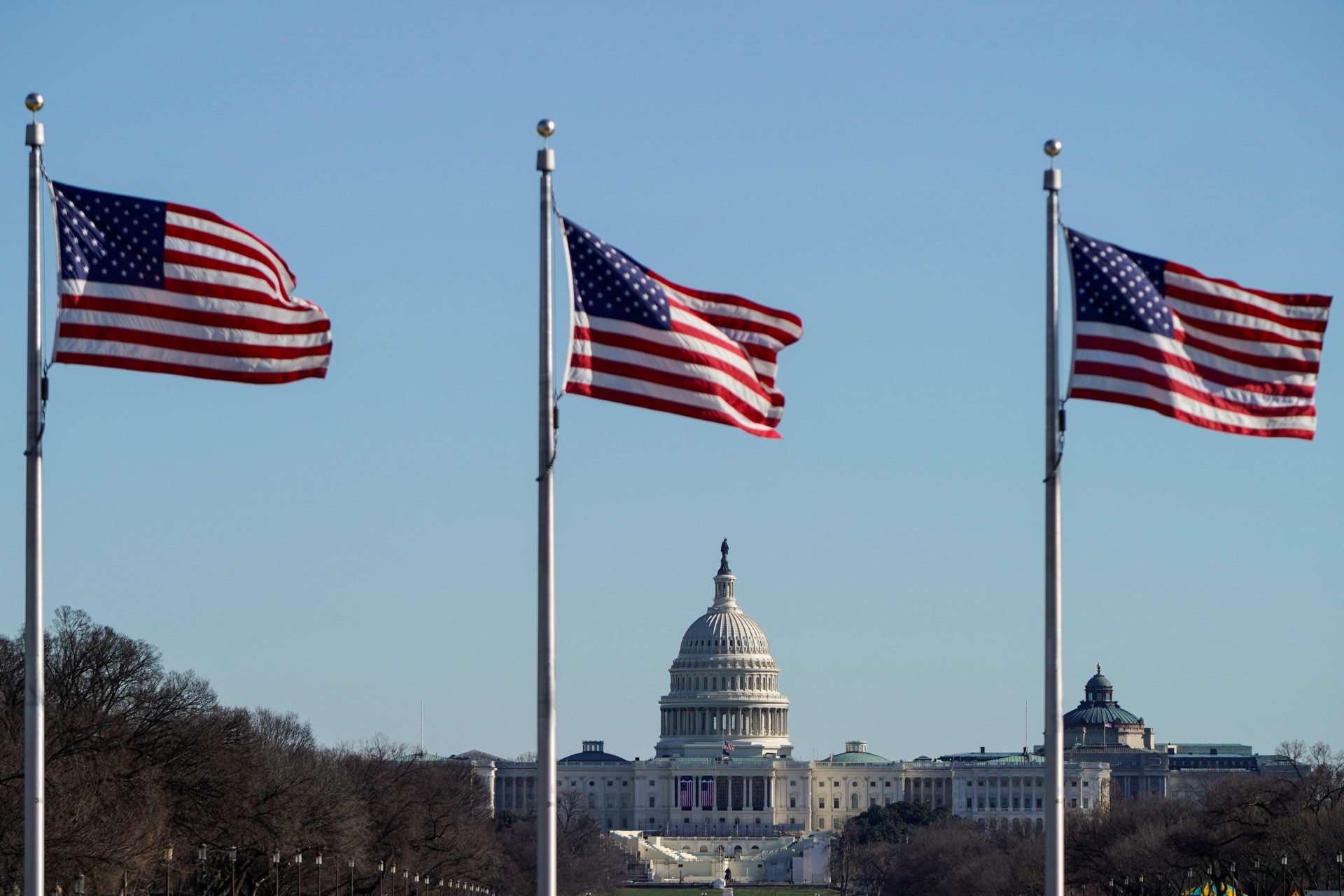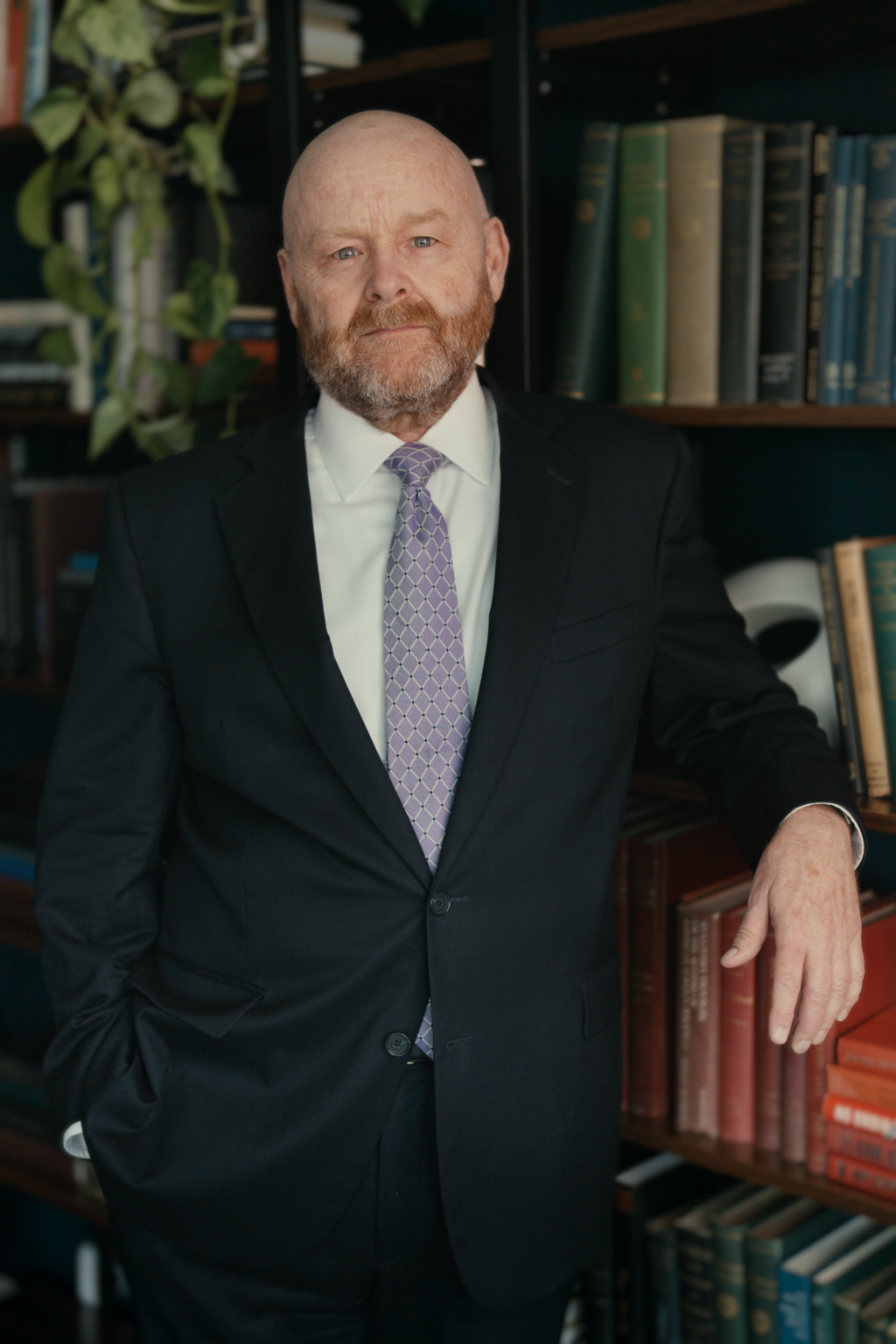Remembering the Best (and Worst) Presidential Inaugural Addresses

By experts and staff
- Published
Experts
![]() By James M. LindsayMary and David Boies Distinguished Senior Fellow in U.S. Foreign Policy
By James M. LindsayMary and David Boies Distinguished Senior Fellow in U.S. Foreign Policy
In two days, Joe Biden gets to do what only thirty-nine other Americans have ever done: deliver a presidential inaugural address. It is a tough task to do well under any circumstance. It’s even tougher when it comes against the backdrop of a pandemic that has killed 400,000 Americans and two weeks after a mob ransacked the U.S. Capitol.
It’s appropriate then that the theme of Biden’s inauguration is “America United.” Unity over division was the core message of his campaign from the start. In the words of the Presidential Inaugural Committee, Biden hopes his inauguration will spark “the beginning of a new national journey that restores the soul of America, brings the country together, and creates a path to a brighter future.”
That is a tall order. You don’t need to read the polls to know that Americans are deeply split. No single speech, however well written or delivered, can sweep away those differences—or the legacies they have created. But words matter. They can set a tone. They can make us think. They can give us hope.
As Biden and his speechwriters fashion his remarks, they would do well to seek inspiration from what past presidents have said as they came to office in critical times. On that score, seven inaugural addresses stand out for their eloquence, their wisdom, and their vision. Perhaps Biden’s speech could join this list.
1. Thomas Jefferson (1801). Jefferson took office as the nation’s first political parties were taking shape. His election marked the first time that the presidency passed from one party to another. The man he defeated, John Adams, was so bitter over the election results that he skipped the inauguration. But Jefferson understood the moment. He reminded his fellow citizens that more united than divided them:
But every difference of opinion is not a difference of principle. We have called by different names brethren of the same principle. We are all Republicans, we are all Federalists.
2. Abraham Lincoln (1861). As the United States stood on the brink of Civil War, Lincoln held out hope for his nation. He urged North and South to settle their differences within the Union rather than break it apart. His call went unheeded, but not for a lack of eloquence.
I am loath to close. We are not enemies, but friends. We must not be enemies. Though passion may have strained it must not break our bonds of affection. The mystic chords of memory, stretching from every battlefield and patriot grave to every living heart and hearthstone all over this broad land, will yet swell the chorus of the Union, when again touched, as surely they will be, by the better angels of our nature.
3. Abraham Lincoln (1865). Lincoln had good reason to be bitter as he took the oath of office for the second time. Thousands of his countrymen had died on the battlefield, and many thousands more had seen their lives uprooted. Many of his supporters wanted him to be unsparing in his treatment of the soon-to-be-defeated Confederacy. Rather than speaking of punishment and revenge, however, Lincoln delivered a speech of incredible generosity and wisdom.
With malice toward none, with charity for all, with firmness in the right as God gives us to see the right, let us strive on to finish the work we are in, to bind up the nation’s wounds, to care for him who shall have borne the battle and for his widow and his orphan, to do all which may achieve and cherish a just and lasting peace among ourselves and with all nations.
4. Theodore Roosevelt (1905). TR took the oath of office just as the United States was coming into its own as a global power. He encouraged his fellow citizens to recognize their good fortune, and he called on them to undertake the hard work necessary to keep the United States a great power. In all, it was the inaugural address one would expect from a man who wouldn’t let a bullet stop him from giving a speech.
Never before have men tried so vast and formidable an experiment as that of administering the affairs of a continent under the forms of a Democratic republic….Upon the success of our experiment much depends, not only as regards our own welfare, but as regards the welfare of mankind.
5. Franklin Delano Roosevelt (1933). FDR took office during the depth of the Great Depression. Facing a country gripped with uncertainty and self-doubt, he knew he needed to restore not just the public’s confidence in the economy but also in themselves. He succeeded.
So, first of all, let me assert my firm belief that the only thing we have to fear is fear itself–nameless, unreasoning, unjustified terror which paralyzes needed efforts to convert retreat into advance.
6. John F. Kennedy (1961). As the 1960s dawned, Americans worried that their epic victory in World War II was being eclipsed by the inexorable march of global communism. JFK responded to these fears with a sweeping pledge that America would bear any burden in the defense of liberty. He added in an unforgettable call for Americans to support their country.
And so, my fellow Americans: ask not what your country can do for you–ask what you can do for your country.
7. Ronald Reagan (1981). The 1970s were a tough decade for the United States. It lost in Vietnam. The economy sagged. Interest rates, unemployment, and deficits all soared. Reagan promised to get America’s mojo back by dismantling big government. His inaugural address ushered in what in retrospect was a new, conservative era in American politics.
The economic ills we suffer have come upon us over several decades. They will not go away in days, weeks, or months, but they will go away. They will go away because we, as Americans, have the capacity now, as we’ve had in the past, to do whatever needs to be done to preserve this last and greatest bastion of freedom. In this present crisis, government is not the solution to our problem; government is the problem.
No list of the best inaugural addresses ever would be complete without mentioning which president delivered the worst one ever. You might think that the winner in this category would be William Henry Harrison. He took nearly two hours to deliver an 8,000-word speech outdoors, without a hat or coat, on a bitterly cold and snowy day. Pity the poor crowd that had to listen to that. (Or tried to listen to it. This was eighty years before loudspeakers were used for the first time.)
But no, that performance only earns William Henry Harrison third place. The two worst inaugural speeches ever given were by James Buchanan and Donald Trump. Buchanan used his 1,857-word speech to complain that the country was so consumed in debating slavery that it was ignoring other, more important issues. Trump’s 1,433-word speech railed against “American carnage” and painted such a dystopian picture of the United States that a former president in the audience remarked, “That was some weird sh*t.” Perhaps the quality of an inaugural address says something about the quality of the presidency to follow. Buchanan tops virtually every list of the worst presidents in American history. Trump is likely to join him there.
Anna Shortridge assisted in the preparation of this post.
